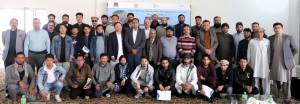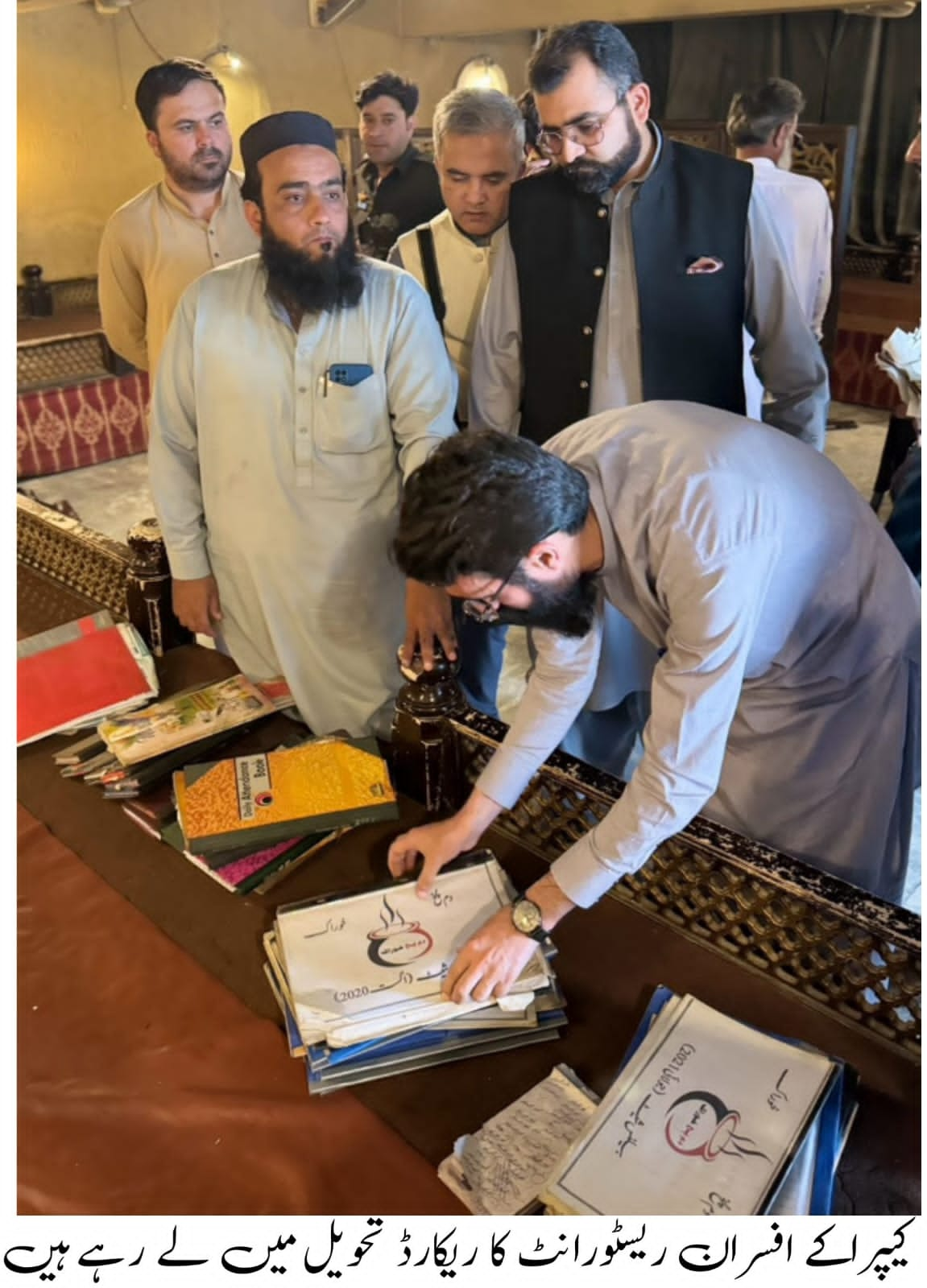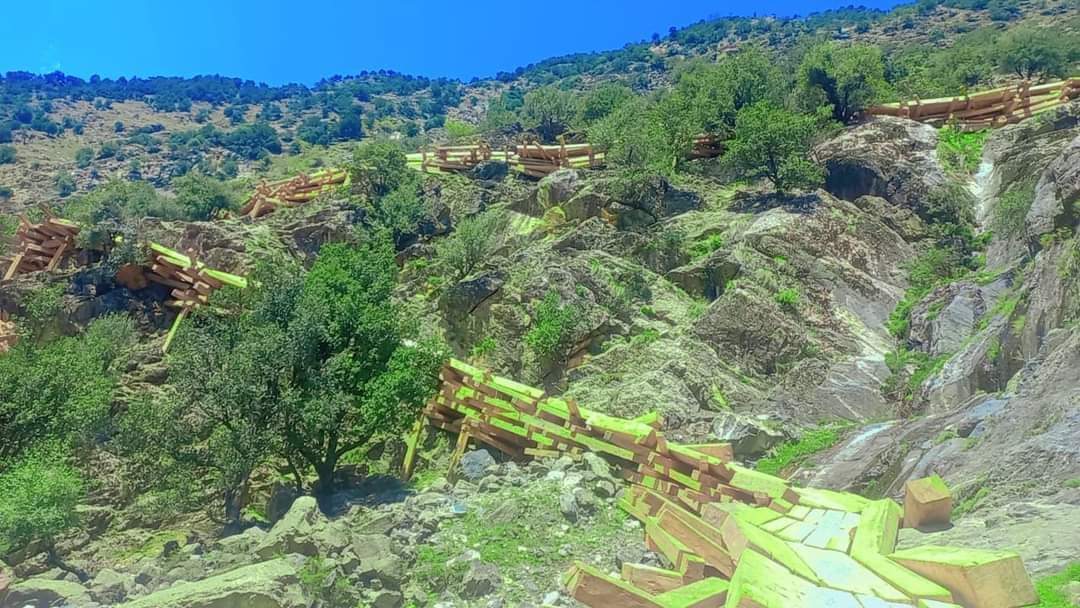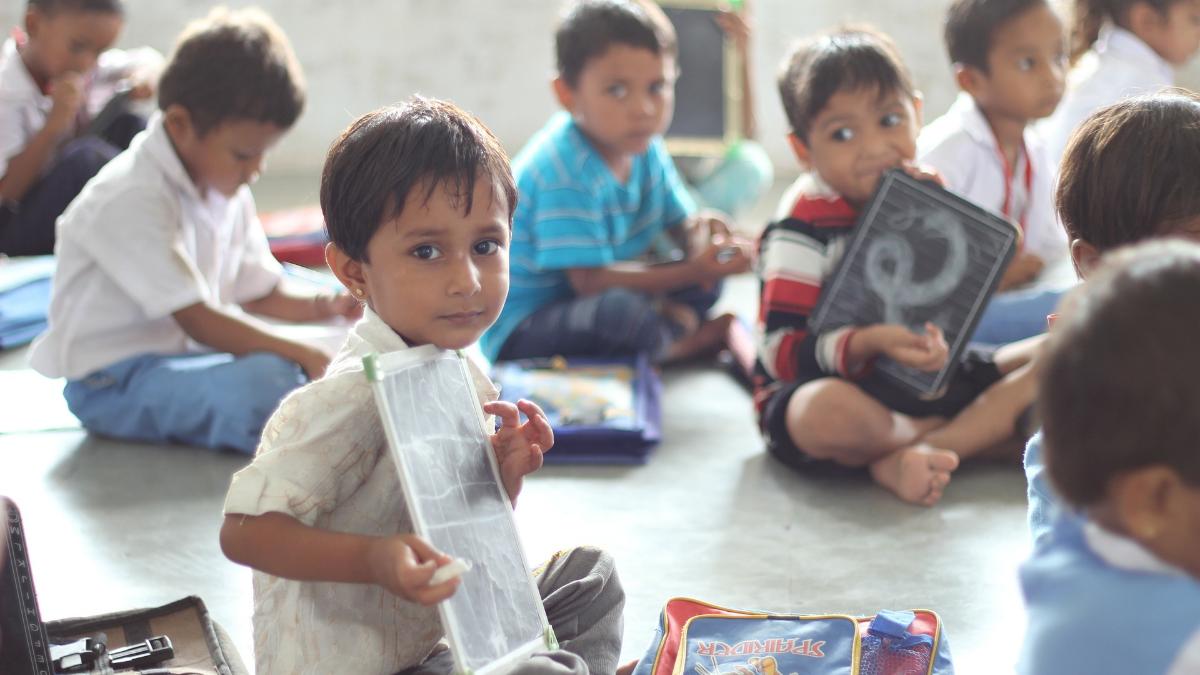SLF’s Ecosystem Health Program Shines a Spotlights on Community Empowerment for Nature Conservation
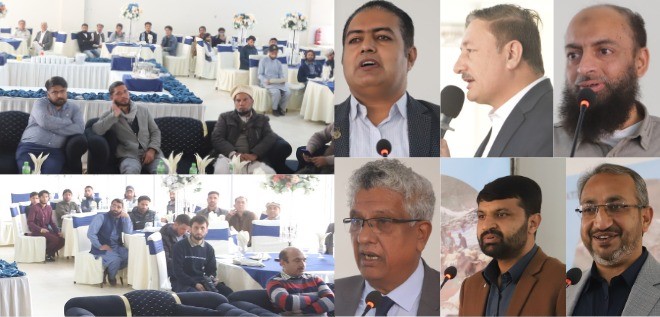
Islamabad – The Snow Leopard Foundation (SLF), in collaboration with the Animal Sciences Division of the Pakistan Agricultural Research Council (NARC), organized a Certificate Course in Animal Health and Production for the 30 Ecosystem Health Workers from the snow leopard landscapes of Gilgit Baltistan, AJK, and Chitral.
The workshop addressed the crucial role of promoting the coexistence of agro-pastoral communities and snow leopards sharing the fragile mountain ecosystems for sustenance through indirect compensation for livestock predation and improving overall ecosystem health. The conflict mitigation and management program increases incomes and tolerance toward snow leopards by reducing disease-based livestock mortality.
At the closing ceremony, Chief Guest Samar Hussain Khan, Conservator Wildlife Ministry of Climate Change, praised the initiative and commended the dedication to training community members as EHWs, emphasizing its direct impact on the welfare of mountain communities and promoting healthy mountain ecosystems. He lauded the efforts of the Snow Leopard Foundation and its partners, highlighting their unwavering commitment to conservation and community development in the region.
Dr. Jaffer Ud Din, Deputy Director of SLF, warmly welcomed participants and guests, highlighting the pivotal role of empowering local communities in snow leopard landscapes to foster sustainable economic growth and biodiversity preservation. He emphasized SLF’s enduring dedication to serving the inhabitants of the mountainous regions of Gilgit-Baltistan, Azad Jammu Kashmir, and Chitral for the past two decades. Additionally, he applauded mountain societies for their ongoing collaboration with governmental and non-governmental organizations to safeguard forests and wildlife. Dr. Jaffar also introduced the EHP as an adoption of the “One Health” program, which recognizes the intricate links between human, animal, and environmental health, further solidifying SLF’s holistic approach to conservation.
Dr. Syed Mehmood Nasir, veteran Environmentalist, Anthropologist, and Ex-IGF, provided valuable insights into the workshop’s overview, underlining the vital role of livestock health and production in fostering rural development and ensuring ecosystem stability, further enriching the discourse on sustainable conservation practices.
Dr. Muhammad Shafeeq from NARC discussed thematic discussions, highlighting the importance of addressing livestock diseases and promoting best practices for healthier communities and ecosystems.
The workshop, conducted at the highest national standards, covered essential components, including livestock diseases and prevention, use and handling of vaccines and medicines, basic surgical operations, breeding and breed improvement, livestock feeding, yak management, rural poultry and rabbit farming, care and management of young stock, and value addition in livestock.
Certificates and field kits were distributed among the participants, while shields were presented to guests and trainers. The ceremony concluded with a vote of thanks from Dr. Haider Ali, Director, Animal Science Division of NARC, and refreshments.
